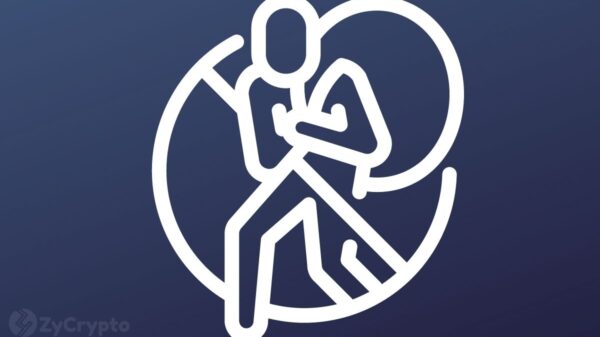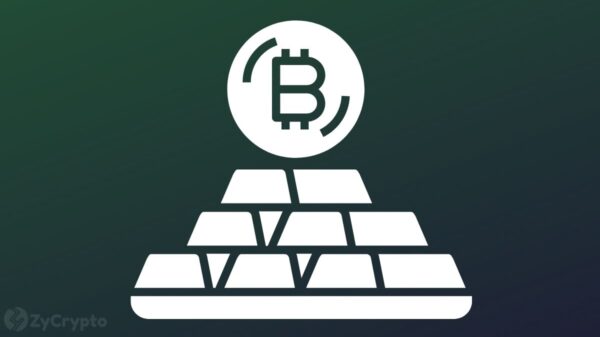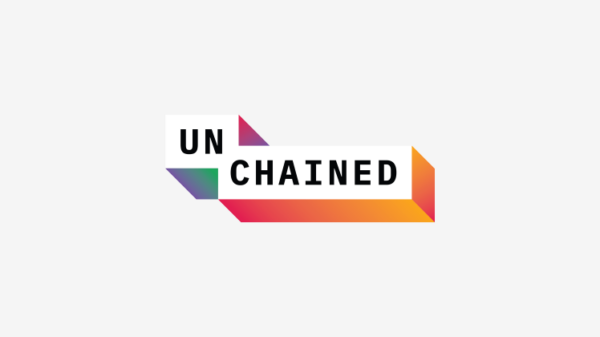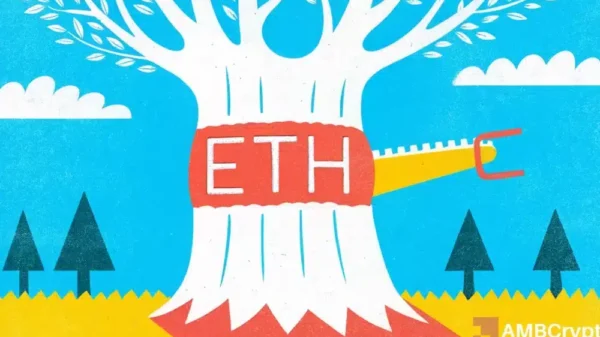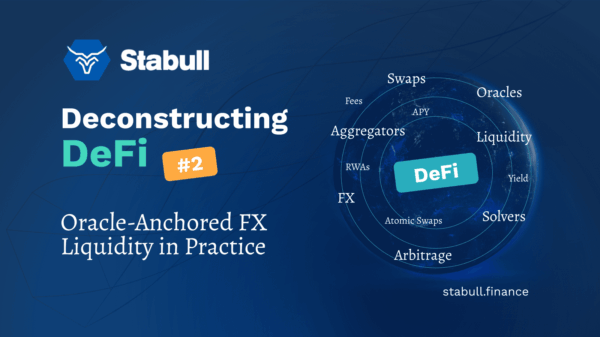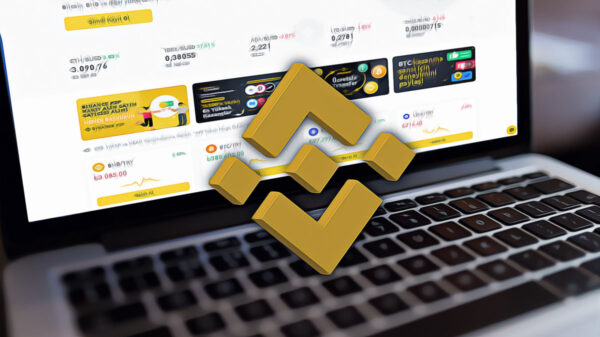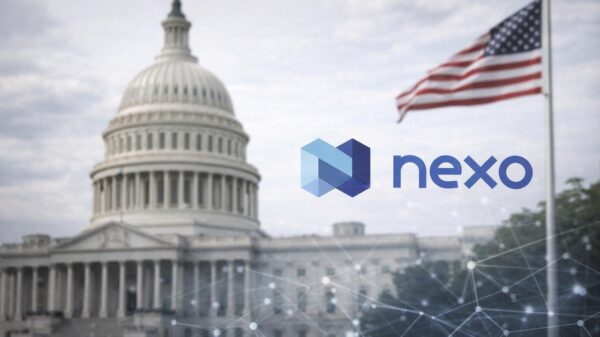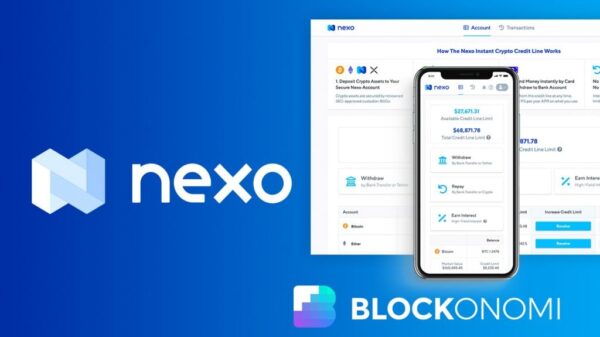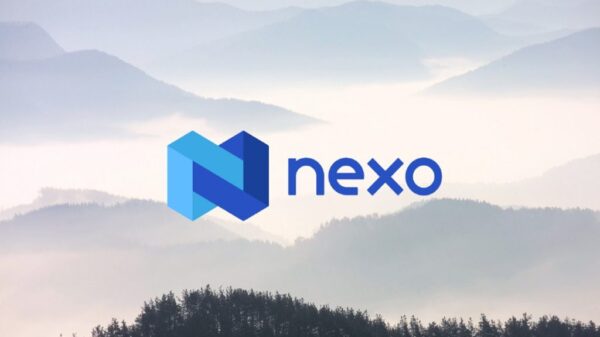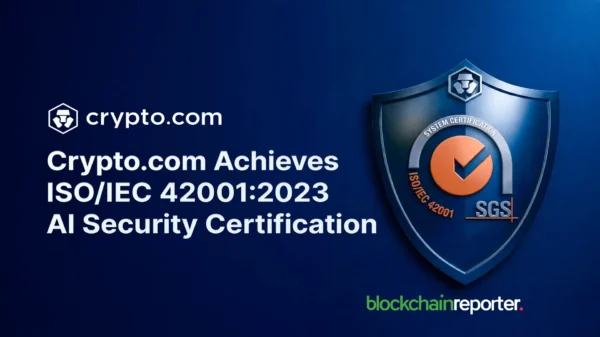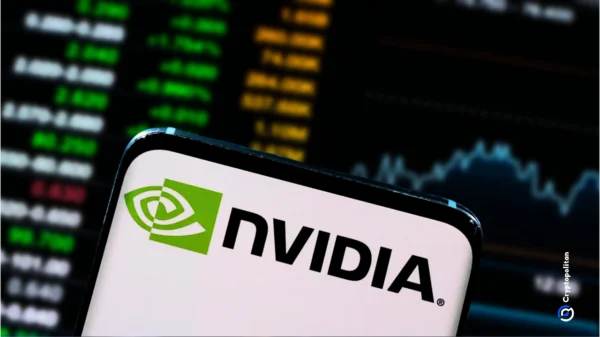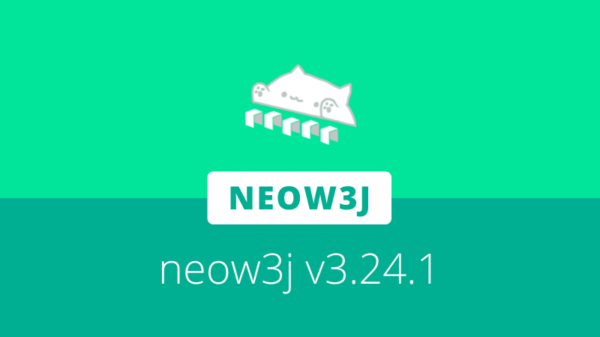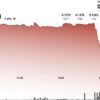Finland is set to revolutionize its approach to cryptocurrency transaction oversight by adopting the OECD”s Crypto-Asset Reporting Framework (CARF) by 2026. This transformative initiative aims to enhance the monitoring and reporting of crypto transactions, marking a significant advancement in global regulatory efforts.
The new regulations mandate that cryptocurrency exchanges and digital asset service providers operating within Finland must gather extensive transaction data from their users. This information will then be automatically reported to Finnish tax authorities, ensuring that all relevant transaction details are transparent and accessible. By closing existing reporting gaps, this system aims to bolster regulatory efficiency.
Under the CARF framework, standardized reporting requirements will apply across all participating nations. This means that regardless of the platform used, users” transaction data will follow a consistent format. The automatic reporting system is designed to relieve the burden of manual reporting while enhancing the accuracy of the information shared.
To comply with the upcoming regulations, platforms will be required to collect specific data points for each transaction, including:
- User identification details and wallet addresses
- Transaction dates and timestamps
- Types and quantities of assets involved
- Counterparty information when available
- Transaction values in local currency
This comprehensive data collection process is set to begin in 2026, allowing ample time for both platforms and users to prepare. The CARF framework will adapt existing financial information exchange protocols to cater specifically to the digital asset landscape.
The importance of effective crypto transaction data reporting cannot be overstated. It plays a critical role in preventing tax evasion, ensuring that all cryptocurrency gains are accurately reported. Furthermore, it fosters a level playing field among investors by creating uniform rules for compliance. Additionally, the standardized exchange of crypto transaction data between countries is vital for combating money laundering and other financial crimes, thereby enhancing the overall integrity of the cryptocurrency ecosystem.
While the benefits of this new system are clear, challenges may arise. Privacy concerns are likely to emerge with the sharing of financial data across borders. However, the OECD framework includes stringent data protection measures to safeguard users” information.
Another potential hurdle involves decentralized platforms, which may not easily fit into conventional reporting structures. Regulators are actively working to address these challenges while ensuring that the framework effectively captures essential transaction data.
As the 2026 deadline approaches, cryptocurrency investors in Finland are advised to begin organizing their transaction records. Keeping accurate personal records will enable users to verify the information reported by platforms. Utilizing portfolio tracking tools that generate detailed transaction reports can be beneficial in this regard.
It is also advisable for users to confirm that their chosen exchanges are preparing to comply with these reporting requirements. Reputable platforms will communicate their compliance strategies well ahead of the implementation deadline.
Finland”s adoption of the CARF framework is indicative of a larger, global movement towards standardized cryptocurrency regulations. As more countries embrace similar initiatives, cross-border sharing of transaction data will become increasingly efficient. This international collaboration will ultimately benefit legitimate users and deter malicious activities.
The successful implementation of this framework in Finland is likely to influence other European nations considering similar regulatory measures. A standardized approach to crypto transaction data reporting may soon become the global norm.
Frequently Asked Questions
When does Finland start requiring crypto transaction data reporting? The new requirements take effect in 2026, offering exchanges and users two years to prepare.
Which platforms must report crypto transaction data? All cryptocurrency exchanges and digital asset service providers operating in Finland are required to comply with these reporting obligations.
Will decentralized exchanges need to report transaction data? The framework is still developing for decentralized platforms, but efforts are underway to include all significant transaction channels.
How will this affect my privacy? The OECD framework includes robust data protection provisions, ensuring information is shared only with authorized tax authorities.
Do I still need to file crypto taxes separately? Yes, the automated reporting system is an additional tool but does not absolve your responsibility to accurately report gains and losses from cryptocurrency.
What happens if I use international exchanges? The framework promotes international cooperation, meaning transactions on foreign platforms may still be reported to Finnish authorities.
Stay informed about the evolving landscape of cryptocurrency regulations by sharing this article with fellow enthusiasts and investors.
For additional insights into the latest trends in cryptocurrency compliance and institutional adoption, explore our comprehensive articles.

